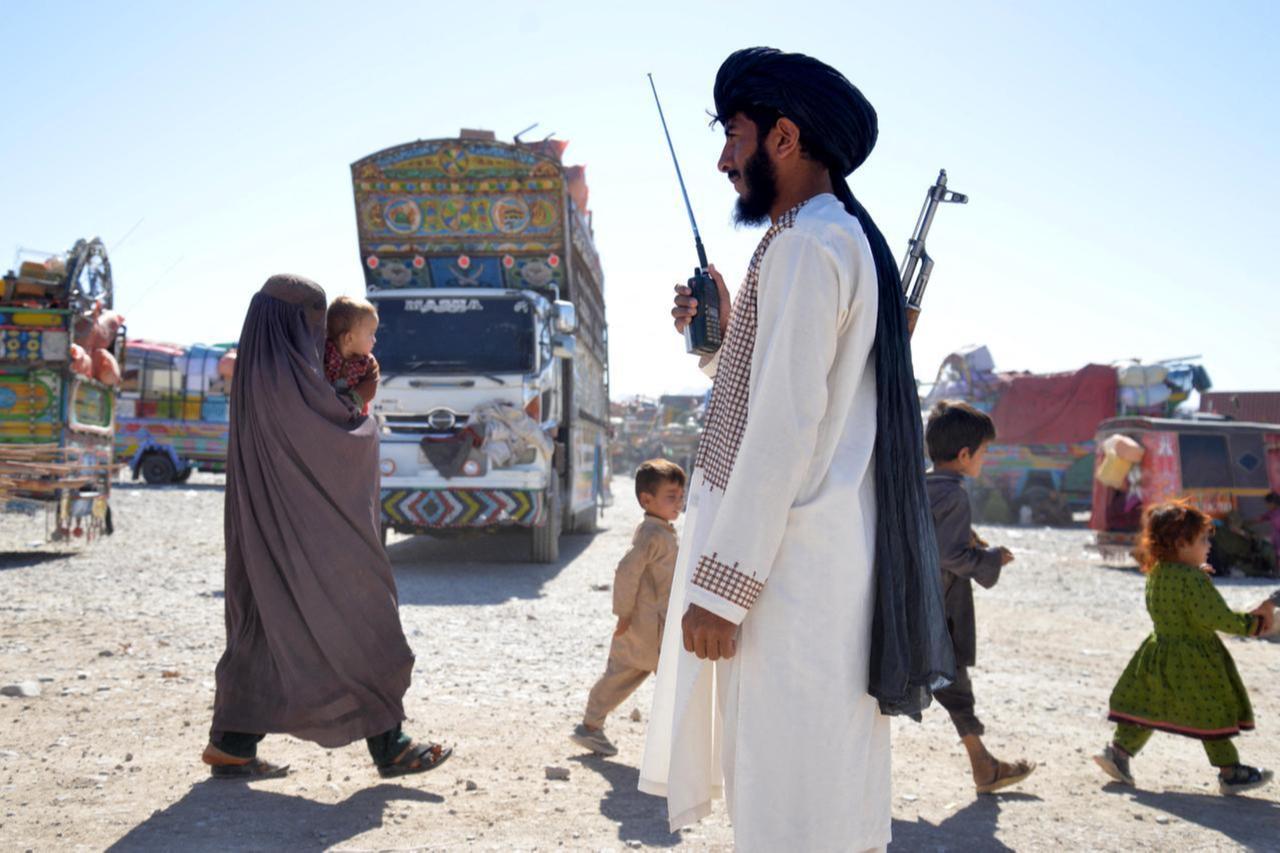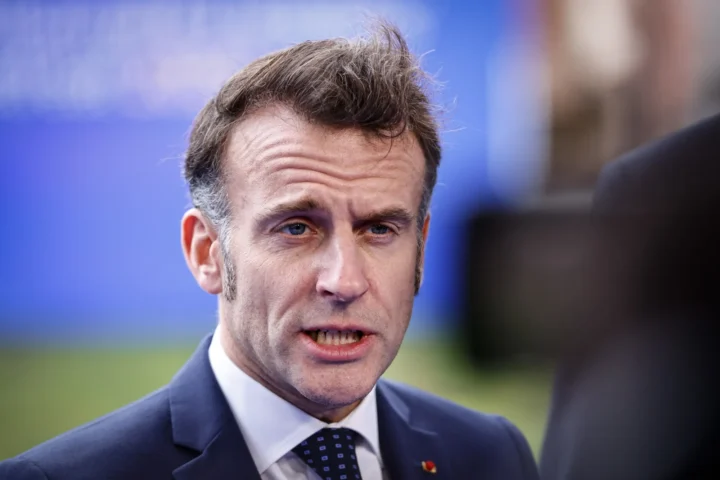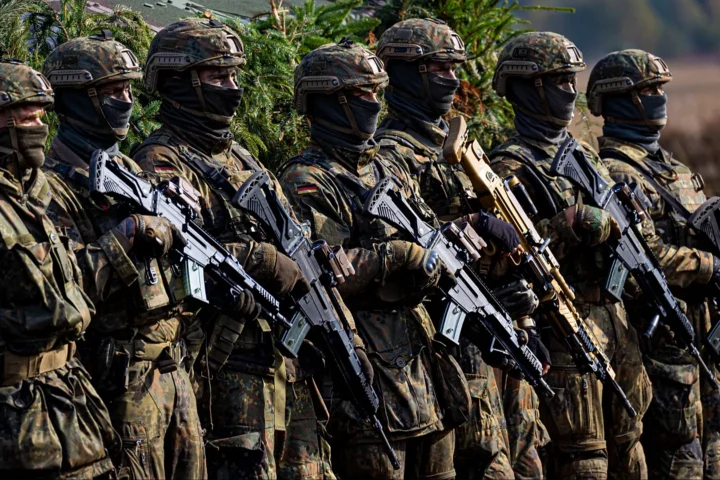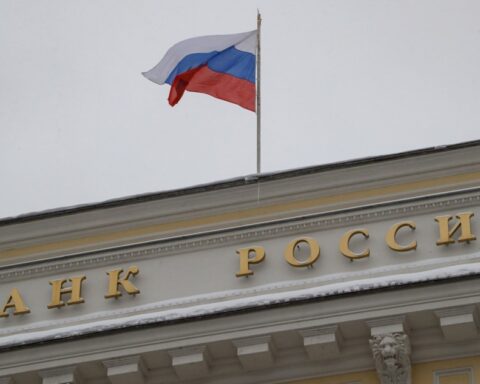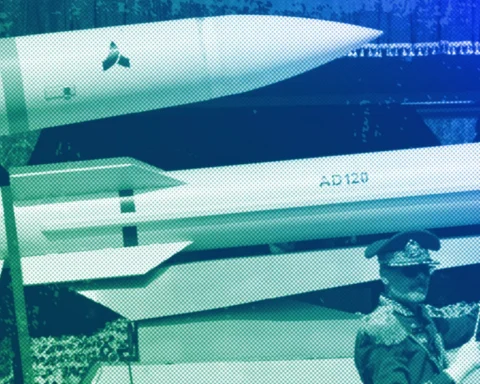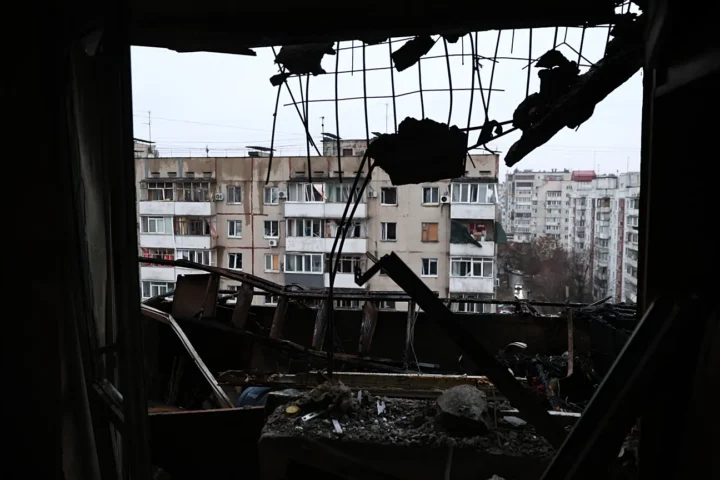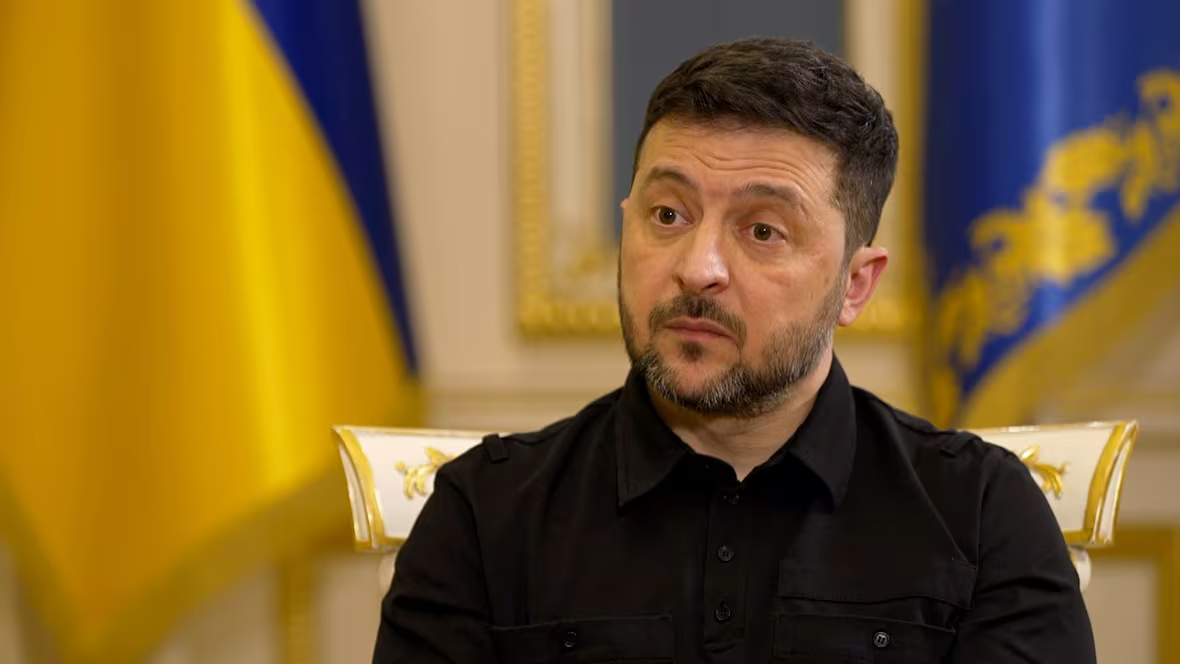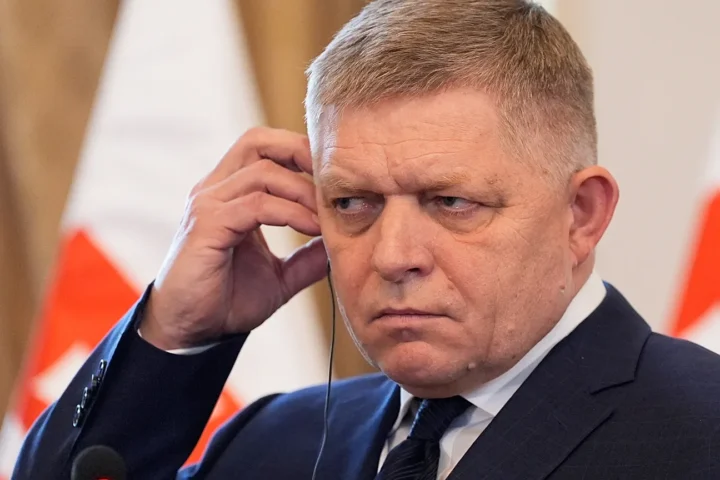In a major diplomatic breakthrough that could help stabilize one of the world’s most volatile regions, Qatar announced today it has brokered an immediate ceasefire agreement between Afghanistan and Pakistan, following weeks of mounting military clashes along the porous Durand Line. The deal, confirmed by Qatari mediators late Thursday night, reportedly includes mutual troop de-escalation, reopening key border crossings, and the establishment of a joint security hotline to prevent further violence.
The announcement comes after deadly hostilities near the Torkham and Chaman border crossings sparked fears of a wider conflict. Cross-border artillery exchange and skirmishes between Afghan Taliban forces and Pakistani security units displaced civilians, disrupted trade routes, and risked destabilizing regional security already strained by militant activity and economic fragility.
Qatar Steps in as Emergency Mediator
Doha, which has increasingly positioned itself as a global diplomatic broker—from ceasefire efforts in Gaza to hostage negotiations in Africa—moved swiftly to defuse the situation. According to sources familiar with the talks, Qatari diplomats quietly hosted back-channel negotiations over the past 72 hours, bringing together senior Taliban representatives and Pakistani intelligence officials.
“Qatar has facilitated an agreement between the Islamic Emirate of Afghanistan and the Islamic Republic of Pakistan to implement an immediate ceasefire and prevent further civilian harm,”
—Qatari Ministry of Foreign Affairs statement
Negotiations were reportedly held in the presence of Qatari, Turkish, and UN observers, indicating growing international concern over cross-border instability in South Asia.
Key Terms of the Ceasefire Agreement
While full terms have not yet been released publicly, diplomatic sources outline the core components of the deal:
| Ceasefire Provision | Details |
|---|---|
| Immediate halt to hostilities | Both sides agree to cease artillery, drone, and ground attacks |
| Troop withdrawal | Limited pullback of front-line forces from contested border areas |
| Reopening border crossings | Torkham and Chaman crossings to resume controlled commercial traffic |
| Joint security hotline | 24/7 military communication to prevent miscalculations |
| Border commission | Bi-weekly meetings mediated by Qatar for dispute resolution |
| Counterterrorism dialogue | Future talks to address militant sanctuaries and cross-border attacks |
Rising Tensions Triggered Urgent Talks
Relations between Kabul and Islamabad have deteriorated sharply in recent months. Pakistan accuses the Taliban of harboring Tehrik-i-Taliban Pakistan (TTP) militants, who have carried out deadly attacks inside Pakistan. The Taliban government denies this claim and has accused Pakistan of violating Afghan sovereignty with cross-border airstrikes.
The recent escalation was triggered when Pakistan launched airstrikes inside eastern Afghanistan, targeting what it claimed were TTP militants. The Taliban retaliated with heavy artillery fire on Pakistani military positions, leading to casualties on both sides and sparking fears of all-out war.
Qatar’s Expanding Role in Global Diplomacy
This ceasefire marks another major diplomatic win for Qatar, which has earned a reputation as a neutral mediator, particularly in conflicts involving Islamist factions. Doha already hosts the political office of the Taliban and mediated the 2020 U.S.–Taliban peace agreement. Analysts say Qatar’s unique position gave it rare leverage over both sides.
“Qatar is now one of the few actors trusted—or at least tolerated—by both Islamabad and the Taliban,”
said Dr. Amina Rahmani, a regional conflict analyst.
“This agreement may only be a temporary freeze, but it prevents a dangerous slide toward open conflict.”
Regional and Global Reactions
So far, the international response has cautiously welcomed the development.
- United Nations: Called the ceasefire “a necessary measure to protect civilians.”
- China: Praised Qatar’s mediation, urging “long-term political dialogue.”
- United States: State Department said it “supports regional stability efforts,” while reiterating “concerns over terrorism threats in Afghanistan.”
- Iran: Quiet but supportive, reportedly offered its own border security assistance.
- India: Watching closely, wary of instability that could benefit militant groups in Kashmir.
Economic Pressure Forced Cooperation
Beyond security concerns, analysts say economic realities pushed both nations to accept a truce. Pakistan is battling historic inflation, IMF debt pressures, and spiraling security costs, while Afghanistan faces a humanitarian and economic crisis, exacerbated by frozen foreign assets and limited trade access.
The closure of border crossings in recent weeks choked off vital trade, costing tens of millions of dollars and blocking shipments of wheat, medicine, and fuel.
“Neither Pakistan nor Afghanistan can afford war—economically or politically,”
said Syed Qureshi, South Asia economics researcher.
Challenges Ahead: Will the Ceasefire Hold?
Experts warn the deal is fragile without a long-term political framework.
Main obstacles to lasting peace include:
- Presence of TTP militants on Afghan soil
- Pakistan’s airstrike policy inside Afghanistan
- Taliban’s border dispute over the Durand Line
- Lack of formal diplomatic recognition of the Afghan Taliban
The next round of Qatar-mediated talks will reportedly focus on counterterrorism and border security cooperation—two issues that have derailed previous peace attempts.
What Comes Next
- Ceasefire monitoring to begin immediately
- Qatar-hosted follow-up talks scheduled within two weeks
- Joint border security teams under discussion
- International observers may join future negotiations
Conclusion
The Qatar-brokered ceasefire is a crucial step away from war, but peace between Afghanistan and Pakistan remains uncertain and fragile. Without comprehensive dialogue addressing terrorism, border disputes, and economic ties, today’s agreement may only pause hostilities—not end them.
Still, for thousands of families living along the border who feared another war, the promise of quiet—even temporary quiet—is a relief.
